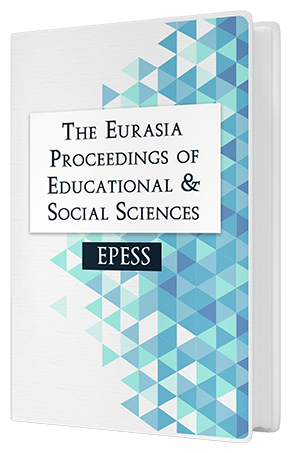Overview of Concepts Covered Financial Literacy in Education
DOI:
https://doi.org/10.55549/epess.1051096Keywords:
Education, Finance, Financial Literacy, Assessment.Abstract
Financial literacy is a complex structure that includes many attitudes and behaviors, including financial knowledge and skills, as well as access to financial services. There are many definitions of financial literacy in the literature because it contains many knowledge, skills and attitudes and has a complex structure. Financial literacy can be defined as the ability of individuals to have information about key financial concepts such as budgeting, savings, borrowing and investment and to use this information in their decisions. Also, financial literacy is the ability to use basic economic and financial concepts as well as the knowledge and skill to manage financial resources for a lifetime of financial well-being. Two basic elements stand out in financial literacy. The first is that consumers have the knowledge and skills to use financial resources effectively in order to ensure and maintain their financial well-being, and the second is that consumers have the self-confidence and motivation to evaluate this knowledge and skill. From this point of view, this study aims to evaluate the concepts of financial literacy, which has become increasingly important in the education process in recent years, with the support of literature. The reflections of these concepts in the education process were interpreted by the researcher and suggestions were developed regarding the study subject.Downloads
Published
Issue
Section
License
Copyright (c) 2021 The Eurasia Proceedings of Educational and Social Sciences

This work is licensed under a Creative Commons Attribution-NonCommercial-ShareAlike 4.0 International License.
The articles may be used for research, teaching, and private study purposes. Any substantial or systematic reproduction, redistribution, reselling, loan, sub-licensing, systematic supply, or distribution in any form to anyone is expressly forbidden. Authors alone are responsible for the contents of their articles. The journal owns the copyright of the articles. The publisher shall not be liable for any loss, actions, claims, proceedings, demand, or costs or damages whatsoever or howsoever caused arising directly or indirectly in connection with or arising out of the use of the research material. All authors are requested to disclose any actual or potential conflict of interest including any financial, personal or other relationships with other people or organizations regarding the submitted work.




